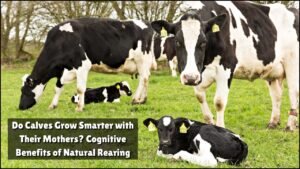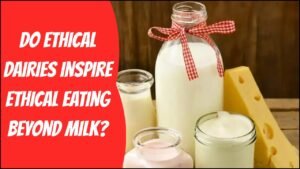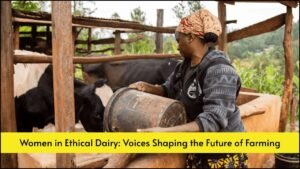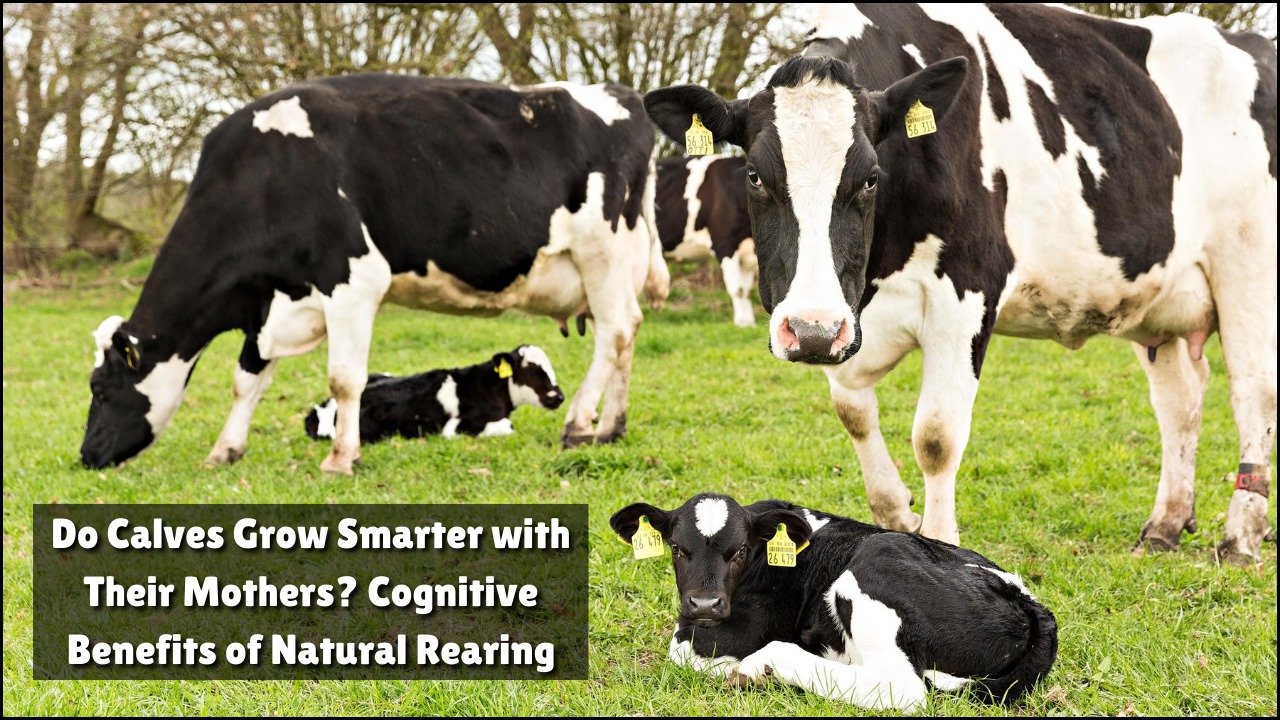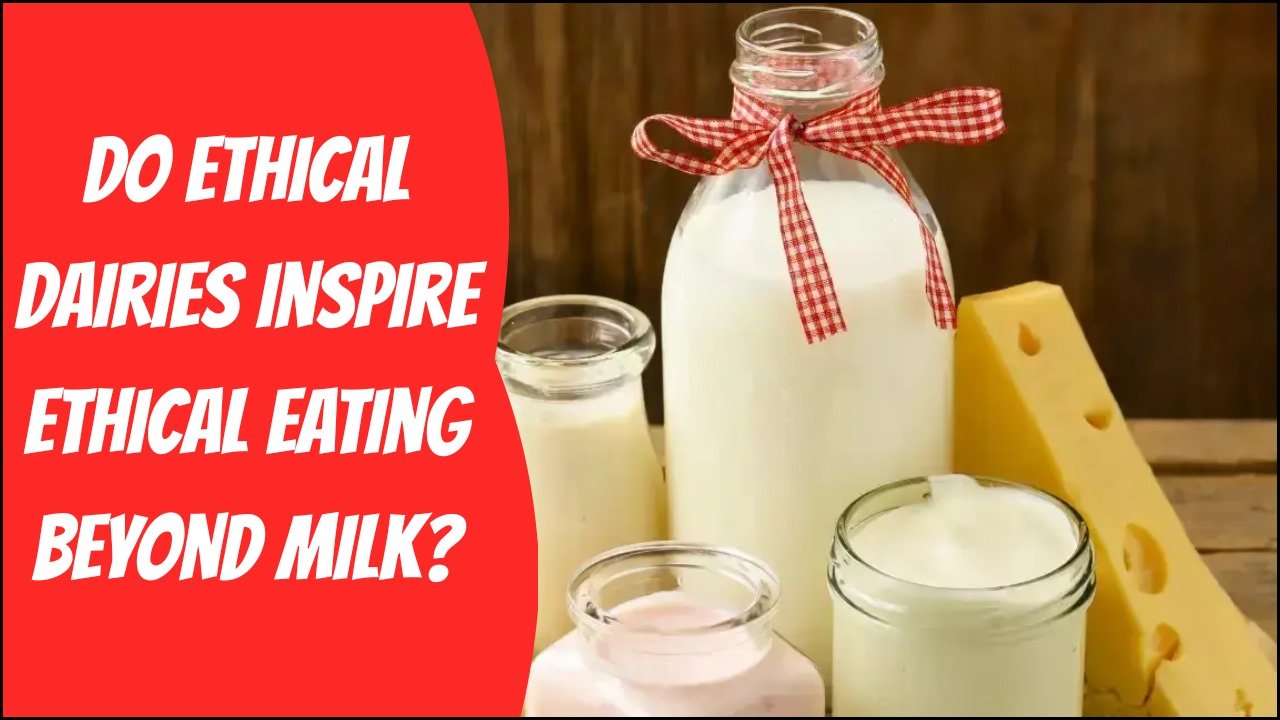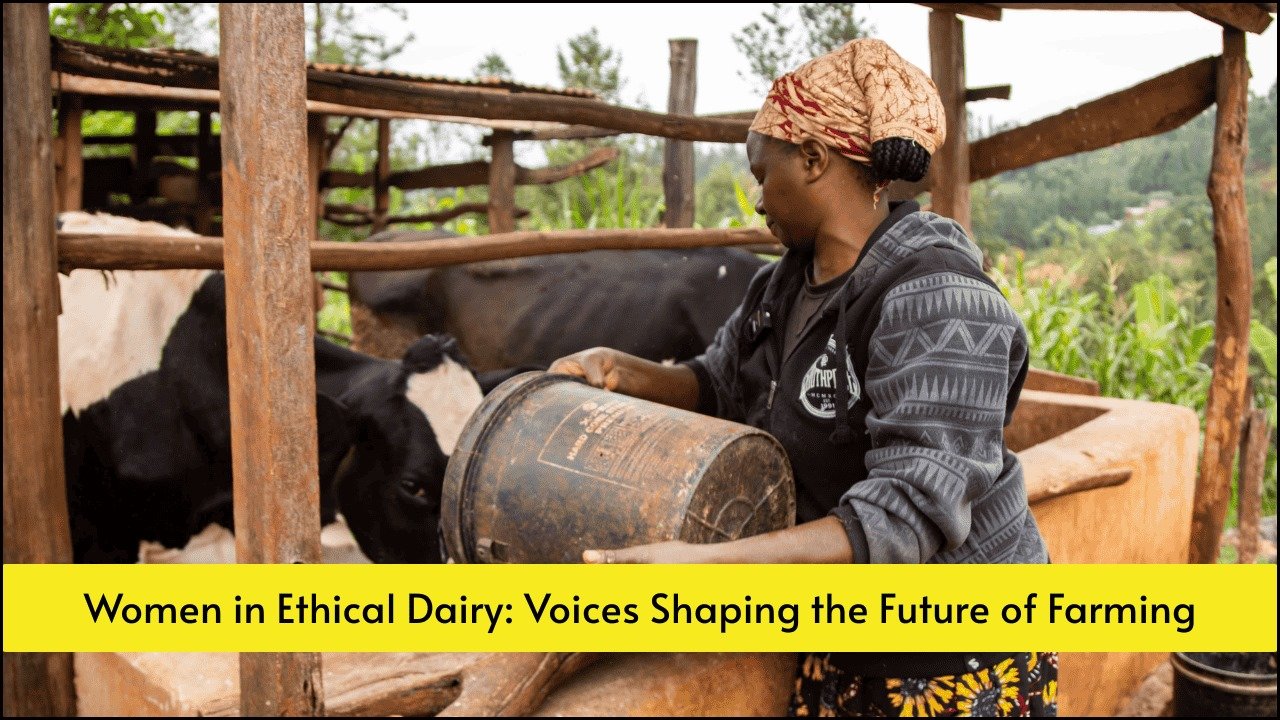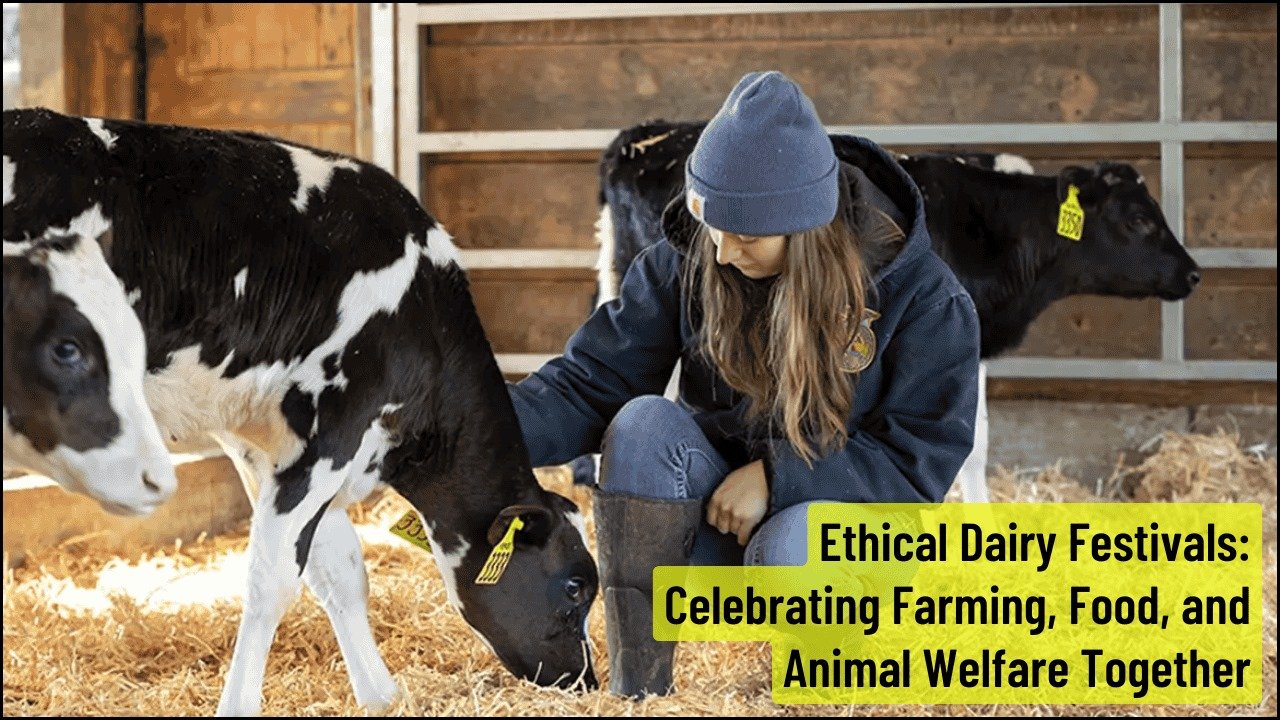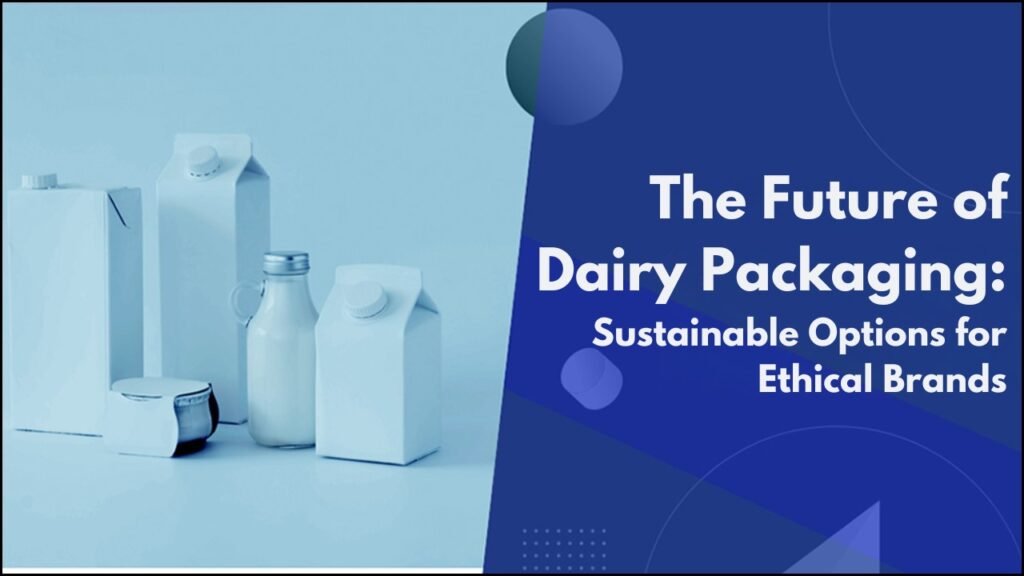
As consumer awareness about sustainability grows, ethical dairy brands face increasing pressure to rethink packaging. Beyond animal welfare and eco-friendly farming, customers expect packaging that aligns with the same values. From biodegradable cartons to reusable glass bottles, the future of dairy packaging is about minimizing waste, reducing carbon footprints, and earning consumer trust.
Ethical brands that embrace innovative packaging not only help the environment but also strengthen their market identity by proving that sustainability runs through every part of their business.
Table of Contents
Overview
| Packaging Approach | Environmental Benefit | Consumer Impact | Long-Term Outlook |
|---|---|---|---|
| Biodegradable | Cuts plastic waste | Appeals to eco-conscious buyers | Growth as composting expands |
| Reusable Glass | Reduces single-use waste | Builds loyalty, premium feel | Strong revival in urban markets |
| Recyclable Cartons | Lightweight, easy transport | Affordable option for consumers | Continues as mainstream choice |
| Transparent Labeling | Informs and reassures | Strengthens brand trust | Essential for ethical branding |
| Minimalist Design | Reduces ink and material use | Reflects authenticity | Becoming standard trend |
| Circular Economy | Promotes reuse and recycling | Encourages community participation | Key to sustainability goals |
Why Packaging Matters in Ethical Dairies
Packaging is often the first point of contact between a brand and a consumer. For ethical dairies, sustainable packaging reinforces their commitment to:
- Reducing plastic waste.
- Lowering greenhouse gas emissions.
- Building consumer confidence through transparency.
- Creating a circular economy that supports reuse and recycling.
In short, packaging isn’t just functional — it’s a statement of values.
Biodegradable Packaging: Breaking Down Waste
One of the most promising options is biodegradable packaging. Made from plant-based materials such as cornstarch, sugarcane, or cellulose, these containers naturally break down after disposal.
Benefits of biodegradable packaging include:
- Reduced landfill waste.
- Lower environmental toxicity compared to plastics.
- Consumer confidence in eco-friendly products.
However, the challenge lies in infrastructure. Not all regions have the composting facilities needed to process biodegradable materials effectively.
Reusable Packaging: A Return to Tradition
Reusable packaging, especially glass bottles, is making a strong comeback in dairy. Historically, milk delivery in reusable glass bottles was standard. Now, ethical brands are reviving the system with modern efficiency.
Advantages include:
- Dramatically reduced single-use waste.
- Stronger brand loyalty through return schemes.
- Premium perception of dairy products in glass containers.
The main challenges are higher upfront costs and logistics in collecting, cleaning, and redistributing containers. Yet, with the growing popularity of refill systems, this model is regaining traction.
Consumer-Trusted Packaging
Today’s buyers demand more than eco-friendly materials — they want packaging that communicates trust. Ethical dairy brands are responding with:
- Clear labeling that explains environmental benefits.
- Traceable QR codes showing sourcing and production details.
- Minimalist designs that reflect authenticity and sustainability.
Trustworthy packaging helps customers feel that their purchase is not only safe but also aligned with their personal values.
Comparison of Sustainable Packaging Options
| Packaging Type | Benefits | Challenges |
|---|---|---|
| Biodegradable | Reduces landfill waste, eco-friendly | Needs composting infrastructure |
| Reusable (Glass) | Cuts single-use plastics, premium appeal | Higher costs, logistical demands |
| Recyclable Cartons | Widely accepted, lightweight | Limited recycling capacity in some areas |
| Transparent Labels | Builds consumer trust, boosts education | Requires brand investment |
Market Influence of Sustainable Dairy Packaging
Adopting greener packaging does more than protect the environment — it also changes consumer behavior. Surveys show that:
- Shoppers are more likely to stay loyal to brands that use sustainable packaging.
- Younger generations, especially Gen Z, see packaging as proof of authenticity.
- Ethical brands that innovate in packaging often inspire similar shifts across the food industry.
In effect, sustainable dairy packaging is not just about milk — it’s a catalyst for broader change in consumer goods.
Government Role in Packaging Innovation
Policymakers are driving change by setting stricter standards for plastics, promoting the development of recycling infrastructure, and encouraging businesses to adopt sustainable practices. Ethical dairies can benefit from staying aligned with these policies. For detailed resources, businesses can refer to the U.S. Environmental Protection Agency (EPA), which guides sustainable materials management and packaging innovation.
FAQs
Q:- Why is sustainable packaging important for dairies?
A = It reduces waste, supports eco-friendly practices, and strengthens consumer trust.
Q:- Are reusable glass bottles making a comeback?
A = Yes, many ethical brands are reintroducing them to cut single-use plastics and build loyalty.
Q:- Do consumers care about packaging transparency?
A = Absolutely — clear labeling and eco-friendly materials directly influence buying decisions.

